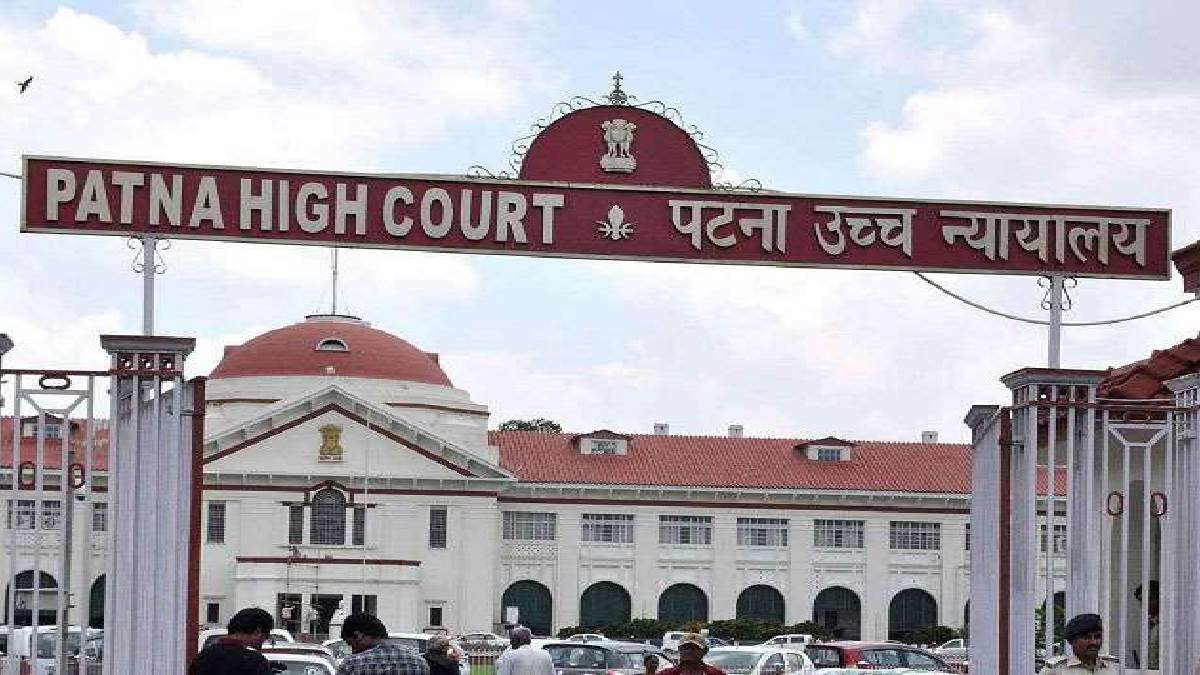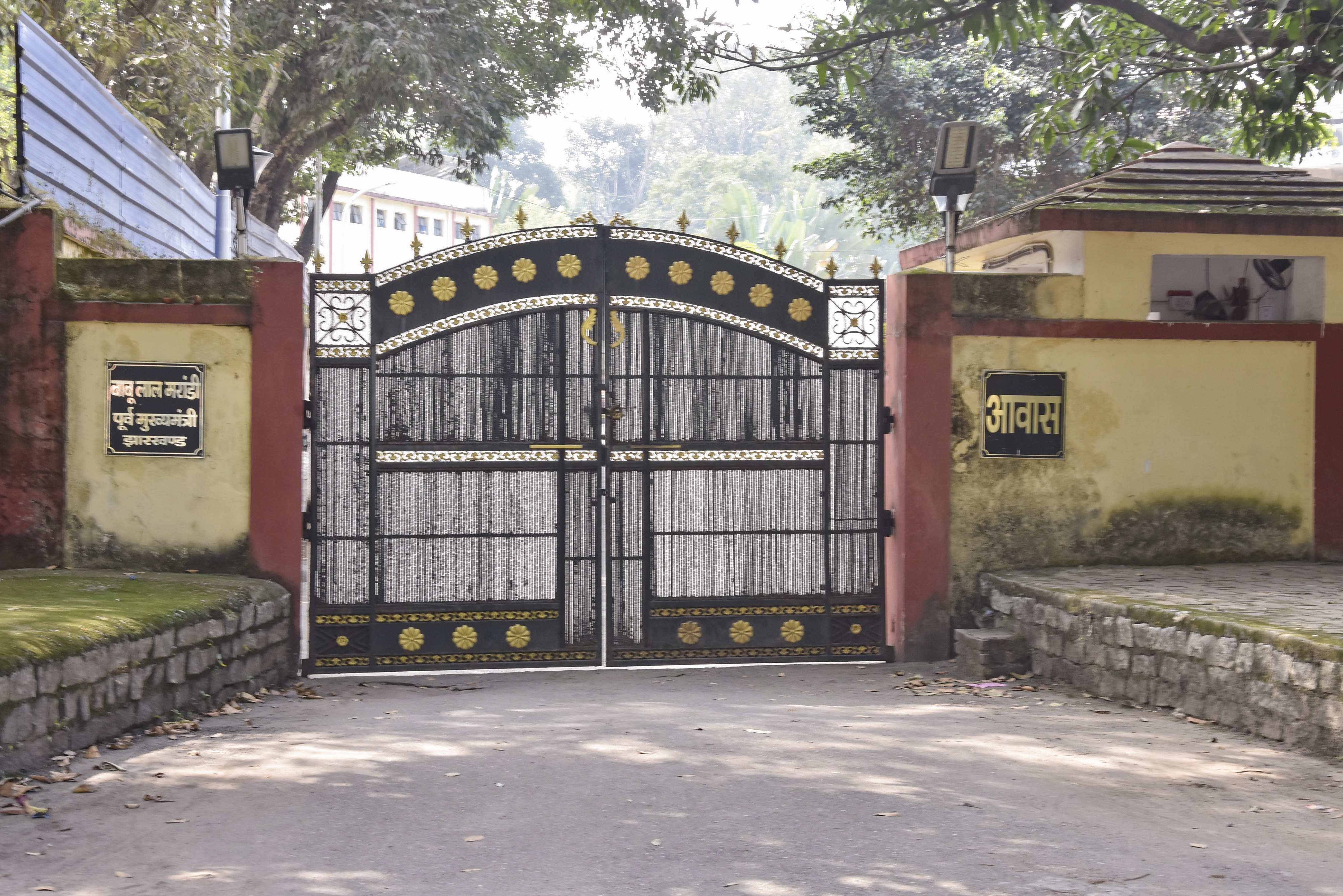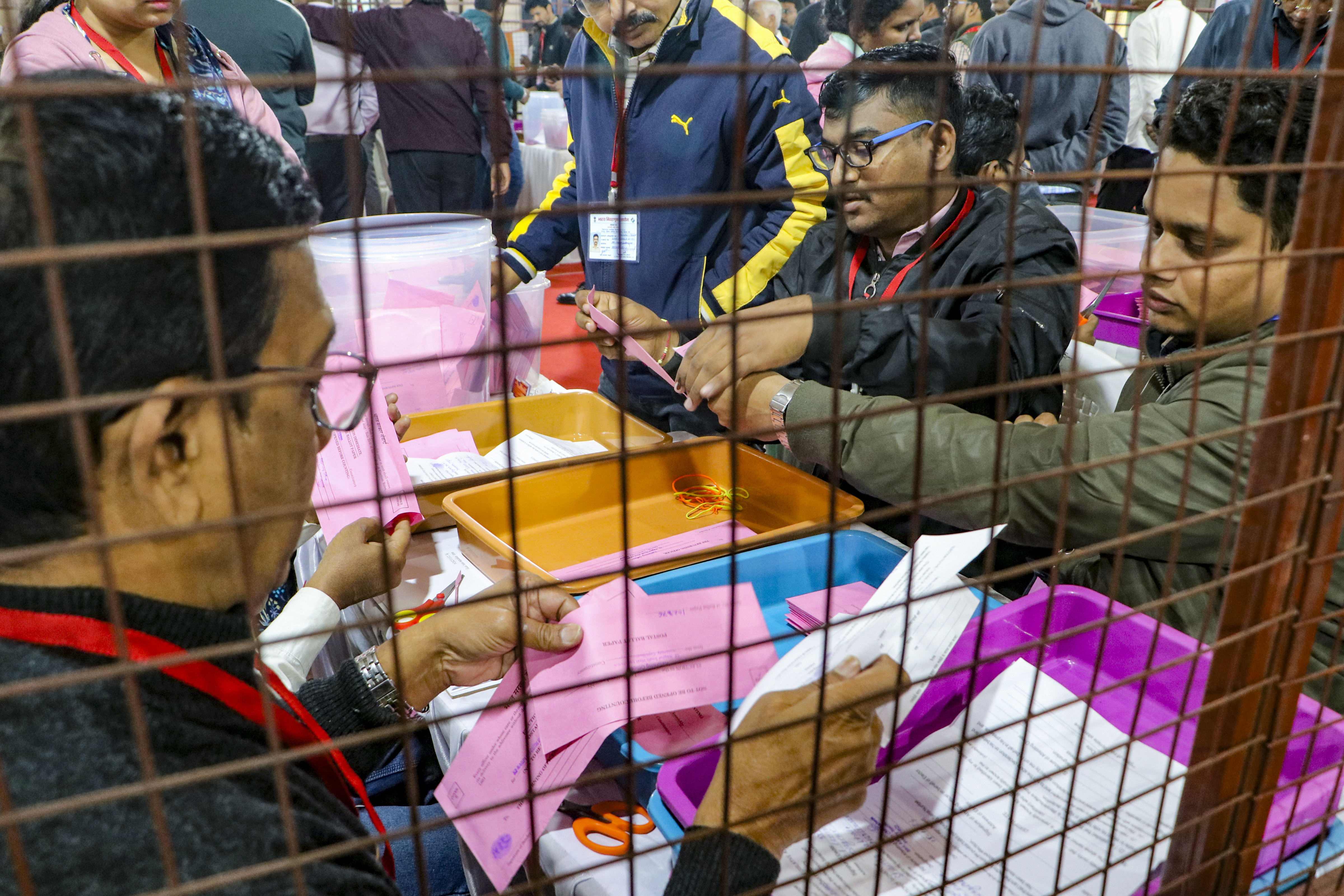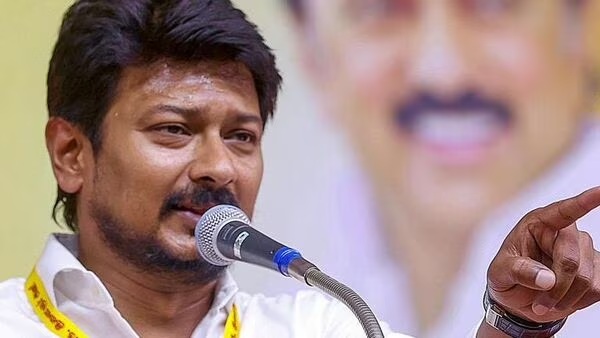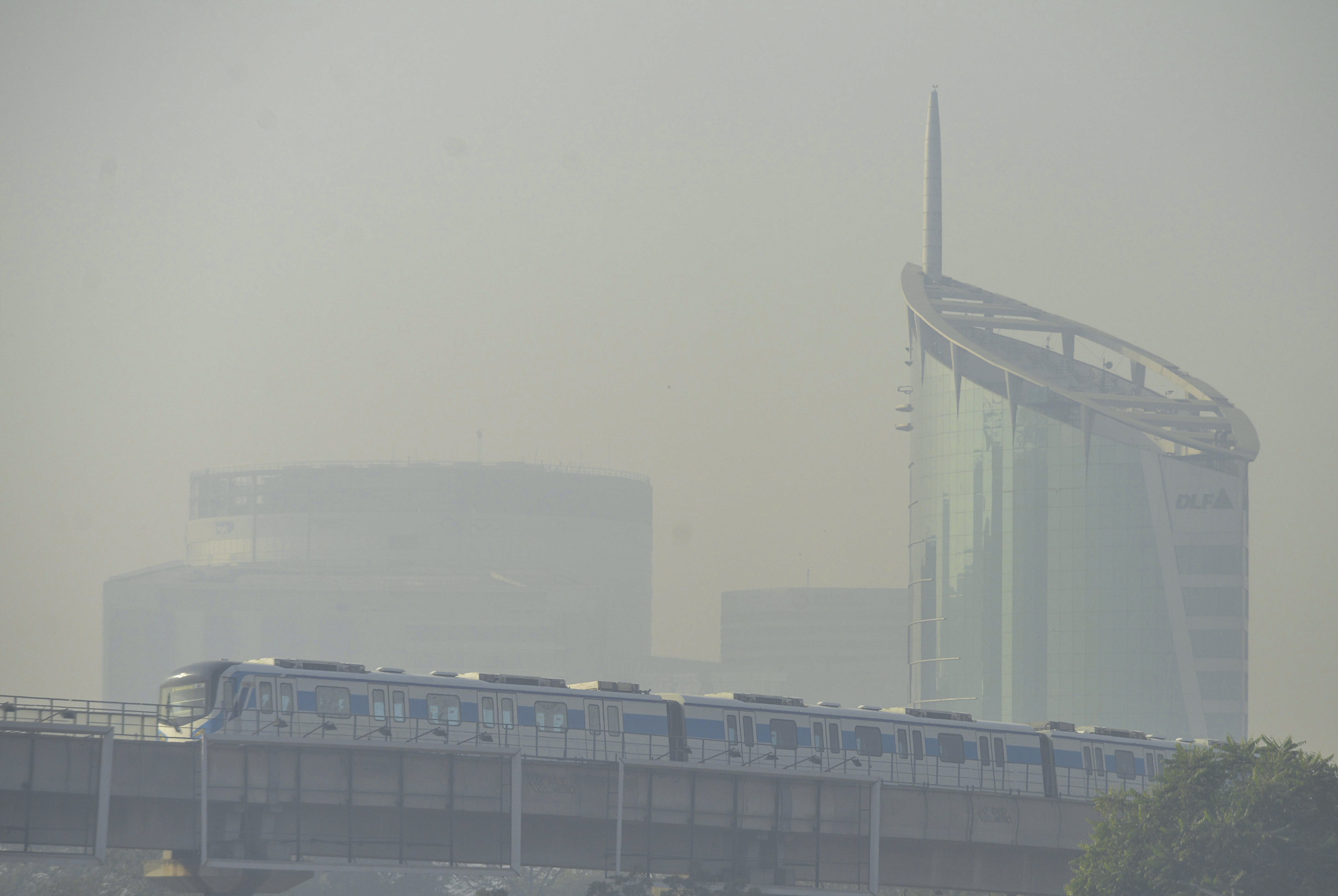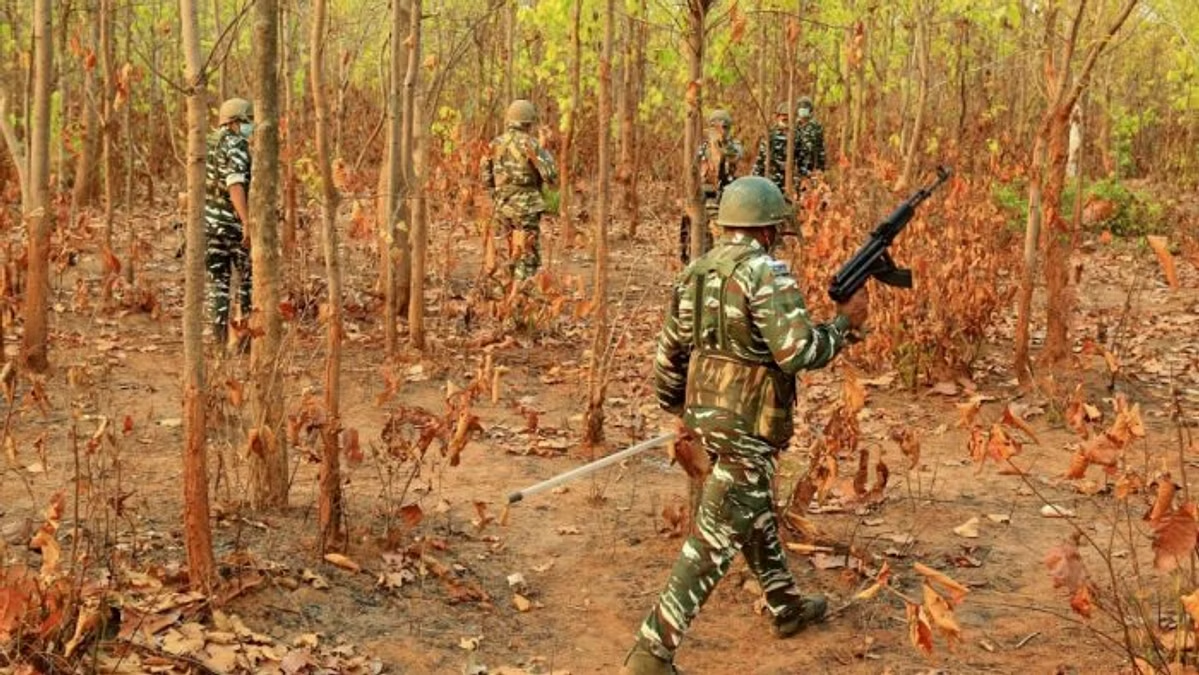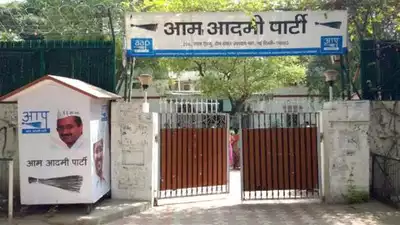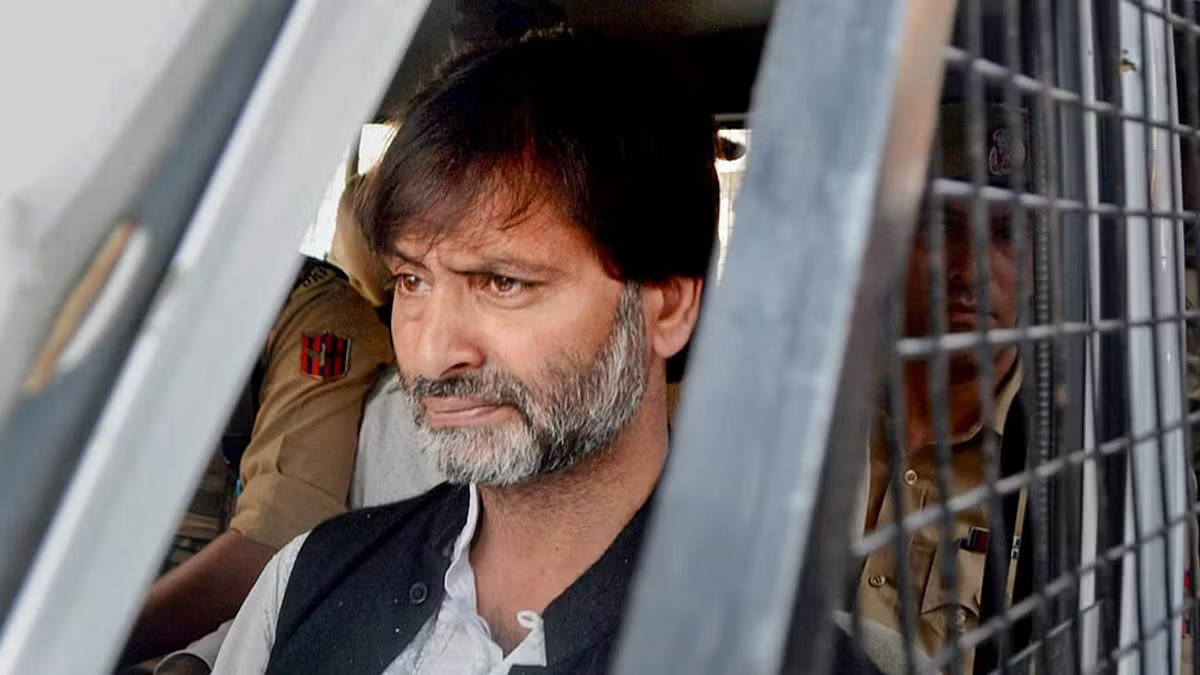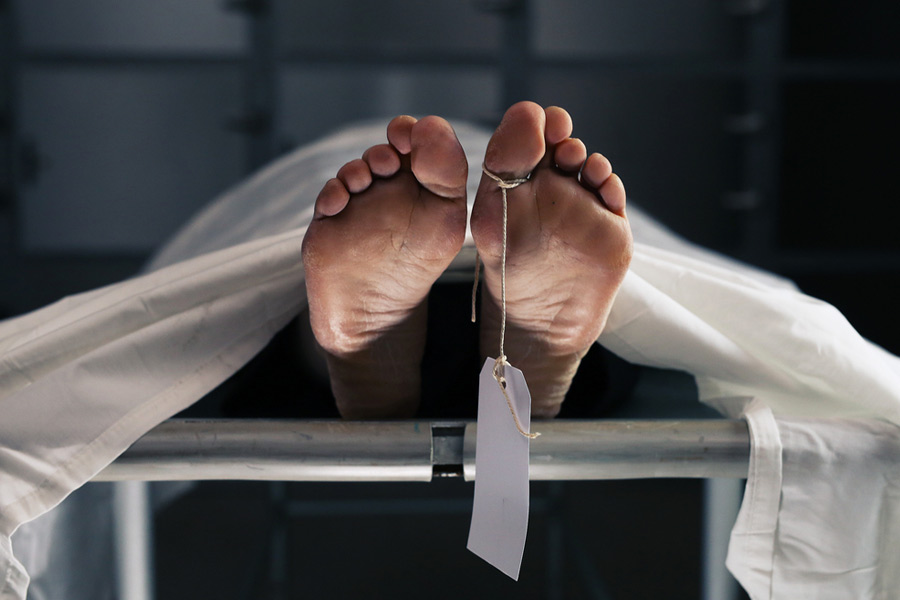Patna High Court strikes down Bihar's quota hike from 50 to 65%
The quotas were increased following a comprehensive survey of castes which gave a fresh estimate of the population of SCs, STs, OBCs and extremely backward classes (EBCs) in Bihar
PTI
-
Representative photo
Patna, 20 June
In a setback to the Nitish Kumar
government in Bihar, the Patna High Court on Thursday struck down its last
year's decision to raise quotas for Dalits, backward classes and tribals from
50 to 65 per cent. A division bench headed by Chief Justice K Vinod Chandran
passed the order on a bunch of petitions which had opposed the legislation
brought by the state government in November 2023.
The quotas were increased following
a comprehensive survey of castes which gave a fresh estimate of the population
of SCs, STs, OBCs and extremely backward classes (EBCs) in Bihar. The Nitish
Kumar government on November 21 last year issued gazette notifications for
raising the quota for deprived castes from 50 to 65 per cent in state
government jobs and educational institutions. “On our plea that the amendments
violated Articles 14, 16 and 20 of the Constitution, the court had reserved its
judgment in March. Today, the court allowed the petitions,” said Ritika Rani,
one of the counsels who appeared on behalf of the petitioners.
These articles deal with equality
before the law and equal protection of the laws (Art 14), equality of
opportunity for all citizens in matters relating to employment (Art 16) and
safeguarding certain rights in criminal proceedings (Art 20).
Another counsel for the
petitioners, Nirbhay Prashant, said the state government defended the move
stressing that it was based on the caste survey. "However, we had
contested it citing Supreme Court's judgements in the Indra Sawhney case, and
more recently, in the matter relating to reservations for Marathas. The Apex
Court has made it clear that no state government can introduce quotas that exceed
the 50 per cent cap," he told PTI Video.
The state government had on 2 October
last year come out with its report on a caste survey that was conducted after
the Centre expressed its inability to undertake a headcount of social groups
other than SCs and STs as part of the census.
According to the survey, OBCs and
EBCs comprised a whopping 63 per cent of the state’s total population while SCs
and STs, taken together, accounted for more than 21 per cent. The State
government took the view that the Supreme Court’s cap on reservations at 50 per
cent had already been breached with the introduction of 10 per cent quotas for
economically weaker sections (EWS) by the Centre and replicated in provinces,
including Bihar.
The state government then amended
its reservation laws whereby the quotas for SCs, STs, OBCs and EBCs were raised
from 50 per cent to 65 per cent. Taken together with the quotas for EWS,
reserved seats in the state rose to 75 per cent of the total population.
The State government had also
requested the Centre to place the amended reservation laws in the
Constitution’s Ninth Schedule. The Ninth Schedule of the Constitution includes
a list of Central and state laws that cannot be challenged in courts. In 1992,
the Supreme Court capped reservations for the backward classes at 50 per cent.
The amended quota laws had created
a strong buzz and may have inspired the Congress, which was then sharing power
with Nitish Kumar's JD(U) in Bihar, to promise a nationwide caste survey if it
forms the government at the Centre.
The BJP, which found itself back in
power in the state with the latest volte-face by Kumar, had also been demanding
its share of credit, pointing out that the survey was ordered in 2022, while it
was a part of the ruling coalition.
Leave a Reply
Your email address will not be published. Required fields are marked *








